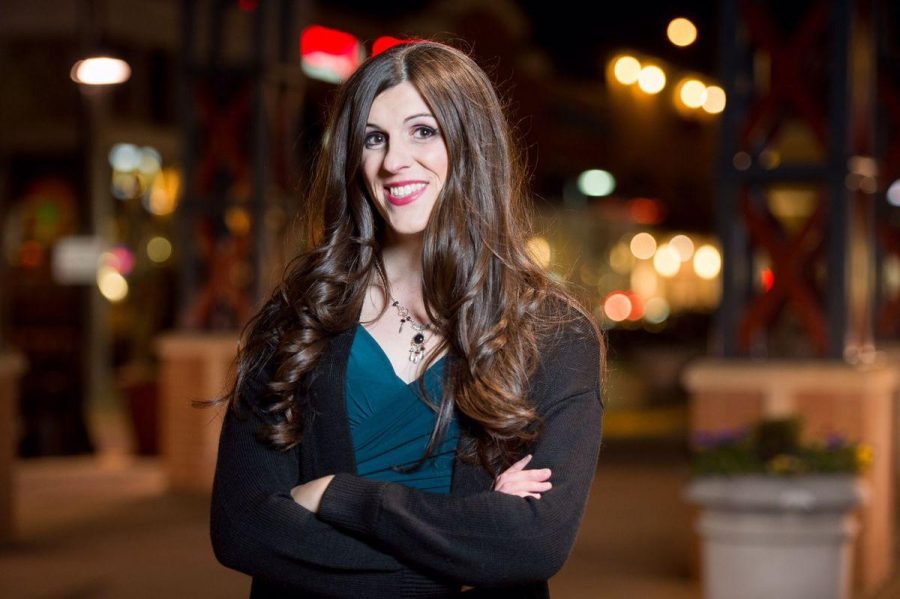By Haley Verre
Staff Writer
All feelings towards the candidates aside, I think most of the voting population can agree that this election has been emotionally draining. But even as we are witnessing the first woman nominated to run for a major party—as well as blatant sexism—there is an issue that is not as obvious circling this election.

“Mansplaining’ is a term that refers to a man explaining something, typically to a woman, in a condescending manner. In this election, with “Bernie bros” and bigoted Trump supporters dominating the political scene, women of all political alliances are experiencing their fair share of mansplaining.
Sometimes when men speak to women about politics, they speak in a way that assumes the woman knows less than he does. If she brings up an issue that concerns her or that she is well-informed about, he will correct her or dismiss her opinions entirely. Sometimes he will even interrupt what she says to add his own ideas and opinions to hers.
This is an experience that is all too familiar for women and parallels the behavior that Trump displays towards Hillary. He is condescending, dismissive, and uses insults in an attempt to diminish her value. This is not unlike the way in which many women are treated by men in both their professional and personal lives.
My own experiences with mansplaining tend to be with people I know personally and trust. These include family members, friends, and people I have dated. They assume that I do not know as much about the election, or politics in general for that matter, as they do or that my opinions are based on my own bias as a woman.
The disturbing thing about my relationships with these men is realizing that I am not actually equal to them in their eyes, even if I am someone that they trust and get along with.
One experience that stands out to me in particular was when I was told that I had “no argument” after calmy disagreeing with a man after listening to him ramble for an hour about how much he hates Hillary Clinton and distrusts her. He then proceeded to talk about the manipulative actions of other powerful women. When I told him that he was being sexist, he of course disagreed.
When expressing anger or frustration over a politician’s hateful rhetoric or complete ignorance, I am accused of being too emotional and biased because of my gender. The issues that directly affect women and minorities are often used as political platforms and debated among privileged people who are not even affected by these issues in the first place.
I have also been told, when talking about voting for Clinton, that my support must be based on my desire to see a woman as president. While this is true to an extent, it suggests that my political intentions do not go beyond supporting a “girl power” agenda.
There is something clearly and inherently wrong with a man telling a woman how she should feel about issues like reproductive rights and maternity leave. These issues have little to no effect on the lives of these men and I am fed up with watching politics and everyday citizens criticize the decisions that women make. There is an outdated and twisted assumption that women cannot be trusted to make their own choices without a man’s input.
While mansplaining is at first glance, nothing more than an annoyance, it speaks to a much larger problem in terms of the power dynamic between men and women. Men who patronize women like this are abusing their male privilege to assert dominance and control.
Although there may never be an end to the condescending attitude that certain men will have towards both me and other women, it is important to know that I am capable and informed enough to form my opinions.


















